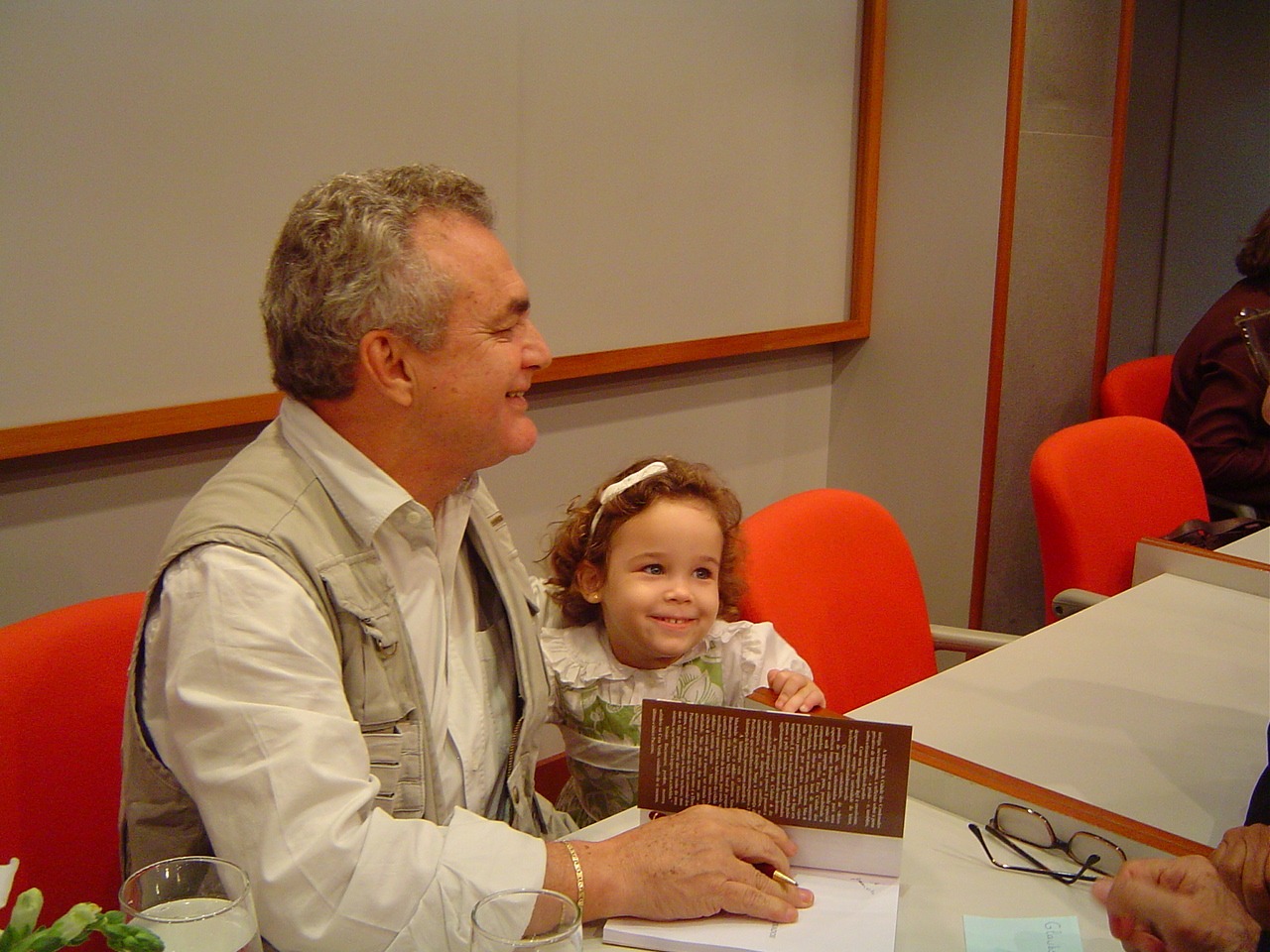It has always been hard to pinpoint the exact moment in my life when I officially decided what I wanted to study was English. It feels like this should be an easy question – I have always been so certain, so confident that, if anyone was here with a single purpose, this was mine. Instead, whenever I am asked, what I see is this foggy, abstract certainty, and it takes a little while watching for the words to take any shape. The answer is a hundred blurry flashes of quick, tiny moments that, in their collectivity, made the question of why English incredibly easy and yet at the same time pathetically difficult to answer.
My reasons are tiny pieces of a pretty puzzle, spread throughout the years.
They start with the first book I ever read – Pipi Longstocking – when I was five and didn’t yet know that what I felt for that assortment of letters inside a fluorescent orange cover was love.
There was the delightful inspiration of growing up around my grandfather’s books, seeing his name stamped on their spines, and the perpetual image of him, sitting by his computer when I arrived at his apartment and ran to greet him, writing, always writing.
There was the bliss of sitting next to him at one of his book signings, and smiling with childish innocence as I held my pen in a quiet offer to anyone who asked for his autograph.
Then there was my first writing class, when I was in fourth grade, and that time early spring when my teacher – Mrs. Andrea, I never forgot – said she liked my composition so much she showed it to her husband, which made me feel, then, at only nine-years-old, as if the world was entirely mine to take.
There was the first short story I ever finished – about a beach at midnight, some overly melancholic sort of love story I could have only written at eleven or twelve – and the thousand that came before, sweet unfinished tokens of trying, forgotten somewhere in a dusty drawer.
There was the first book I ever read in English, and the strange feeling that – despite the love I have for the beauty of my first language, Portuguese – my voice as a writer was hidden somewhere within a dictionary of the English language. Then there were many other books, books I adored and books I hated, and many other stories, some just terrible, some with potential; and with all of it there was the certainty: this was love.
There was the knowledge that writing wasn’t taught in colleges in my home country, Brazil, and the crude, simple fact that to study what I knew I wanted with my whole self, I would have to leave home.
There were the books that piled on my nightstand during my senior year, when I didn’t really know what the future held and was still studying for the Brazilian college entrance exams – when turning on my lamp on the nights of long school days was the only time during the week when I really got to take a breath.
Then there were long applications, envelopes with letters, a plane ticket; and when I stepped onto campus, I knew it was English without a shrug of doubt.
The answer to why English seems like an easy one because it has always been so obvious to me, but – in an ironic turn of events – it is hard to really put it into words. I won’t say “I didn’t choose English because it was English that chose me,” because that just sounds terribly cliché – though it may be a little true. The truth is that, when I look back, it does seem like it was never a deliberate decision I made; there were books, notebooks, ink pens, a few letters, and there was love. There was never really a choice. English has been the answer since before I even asked the question.

